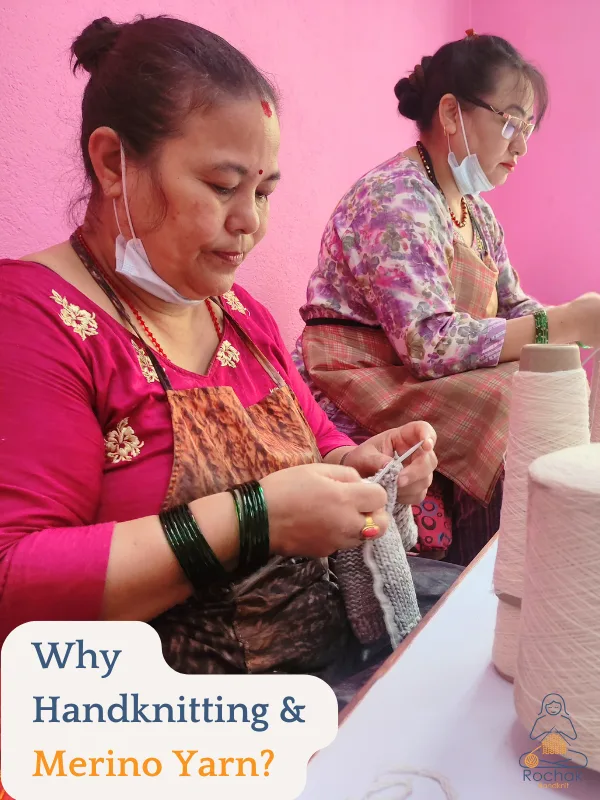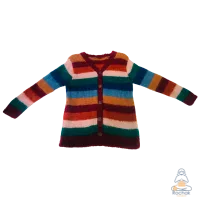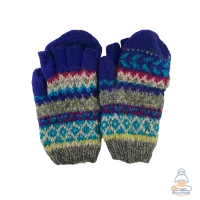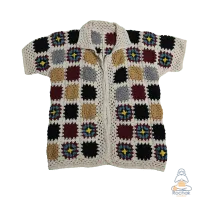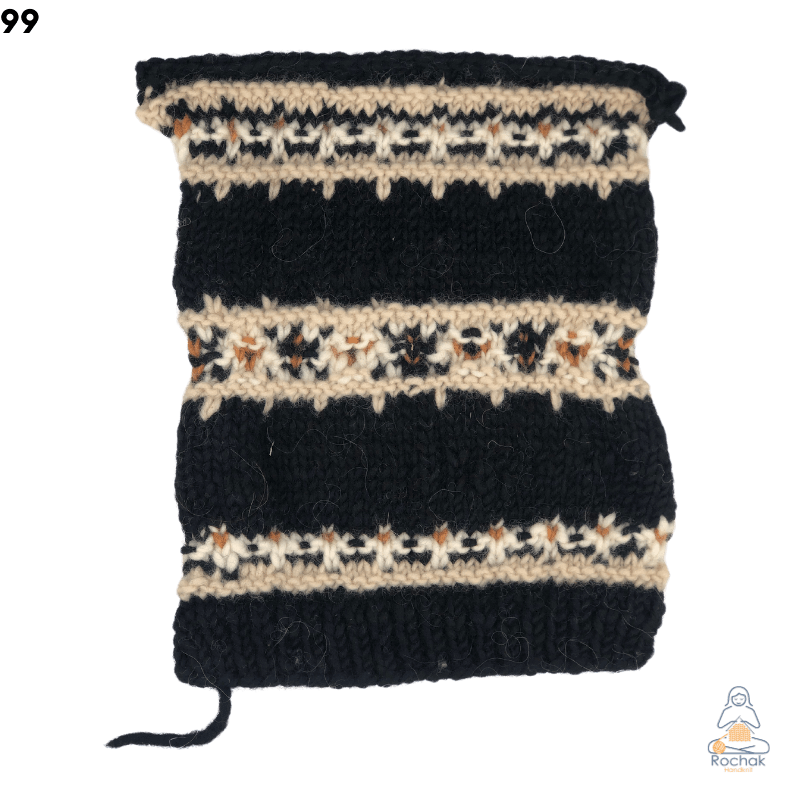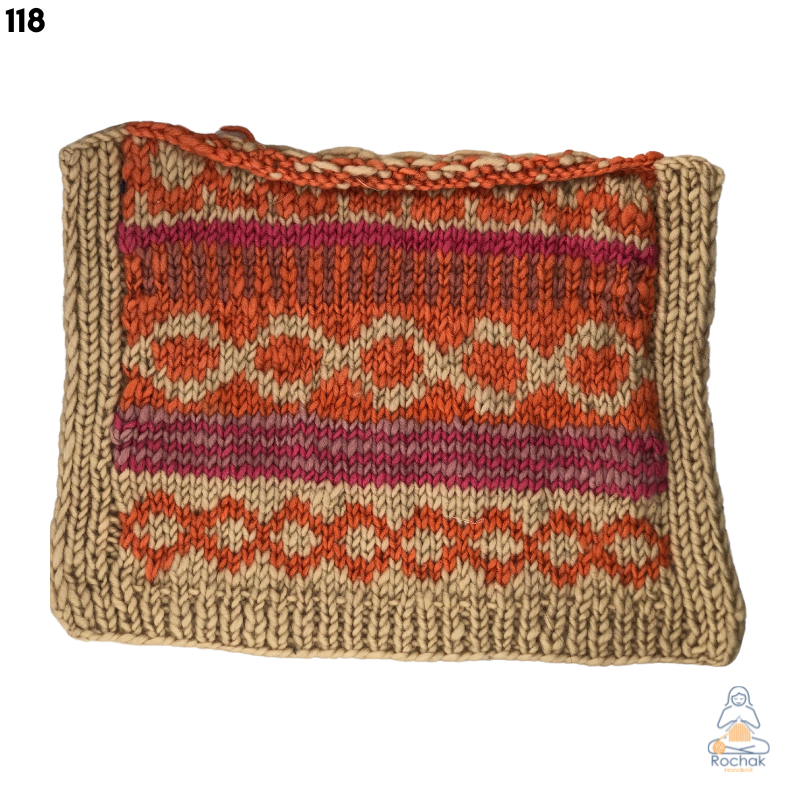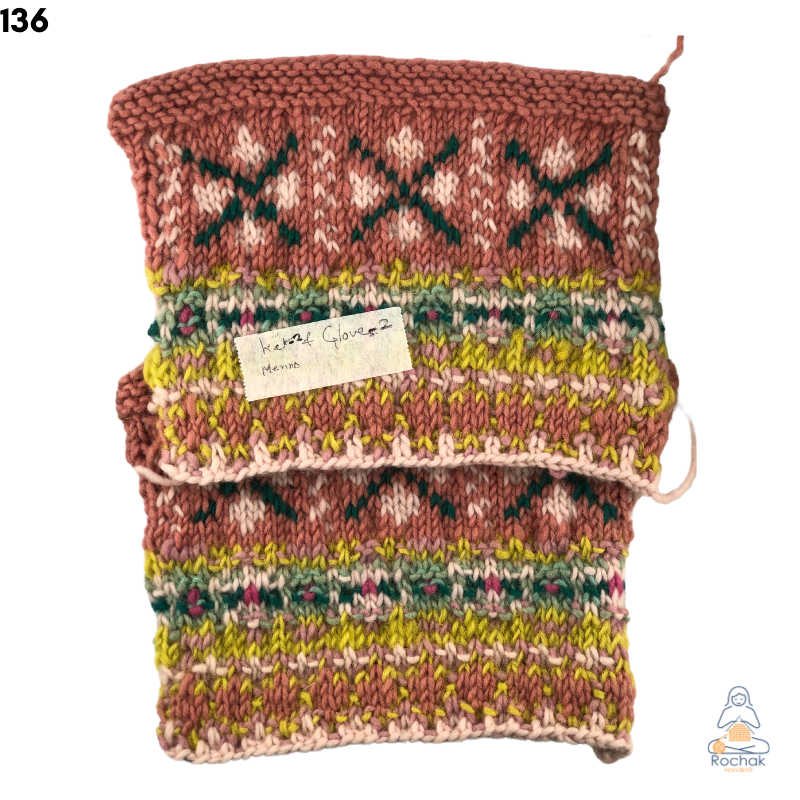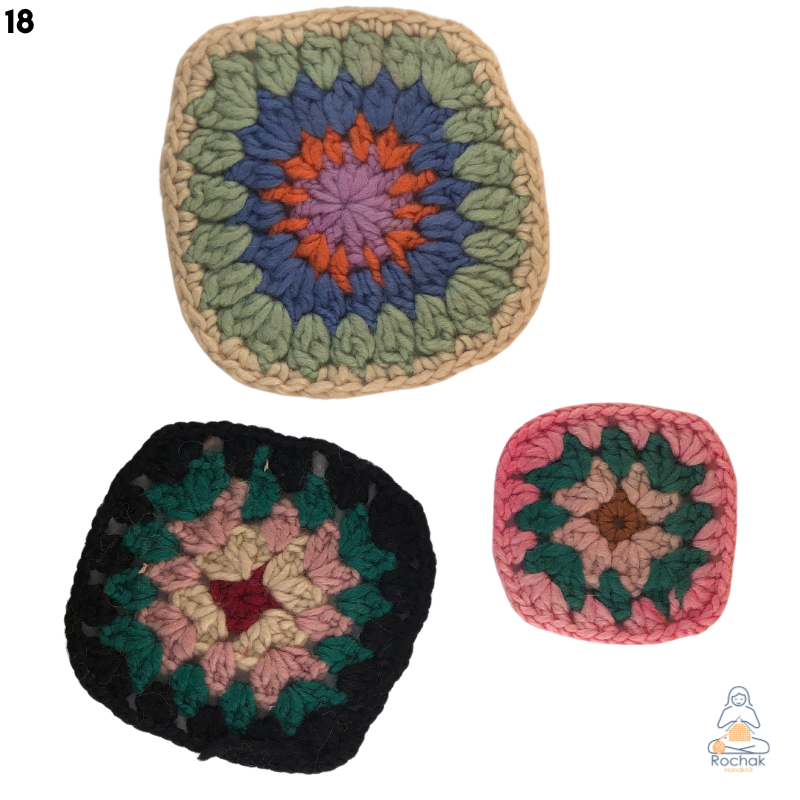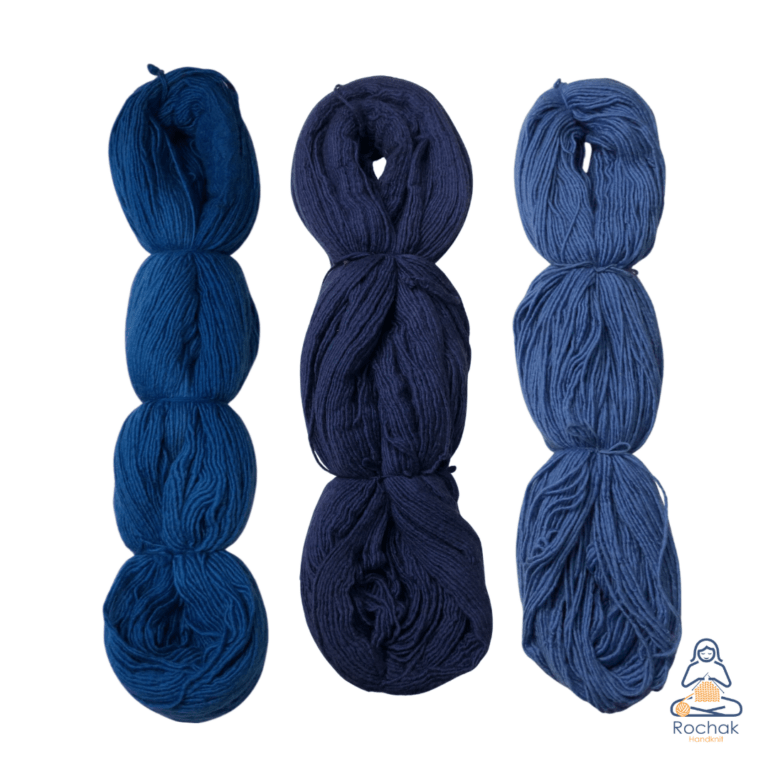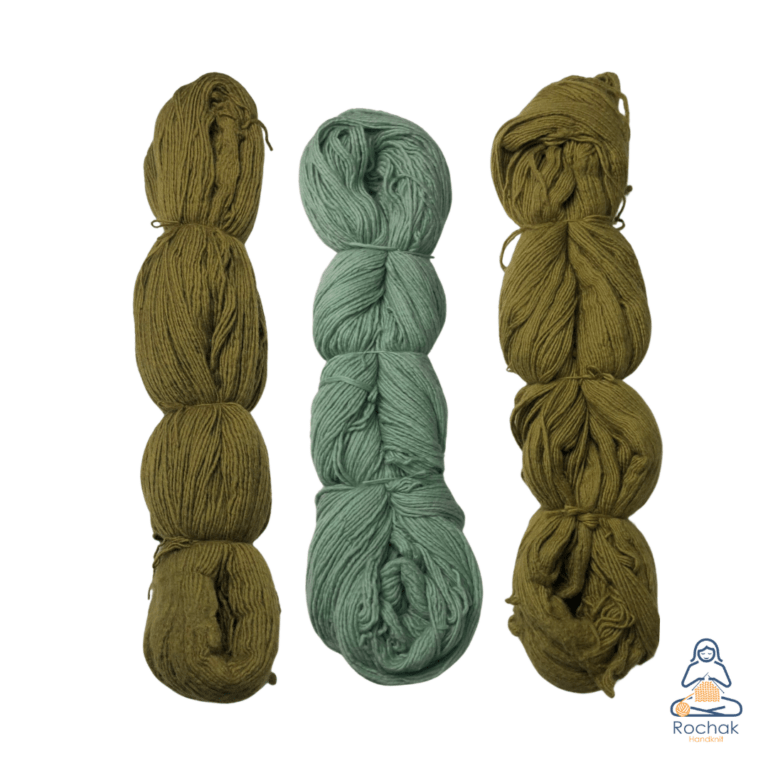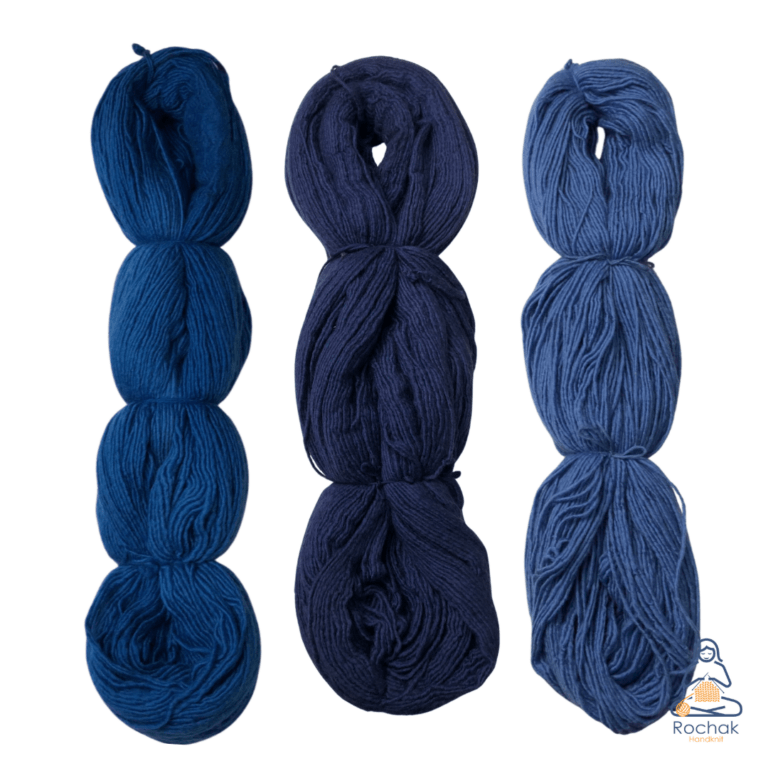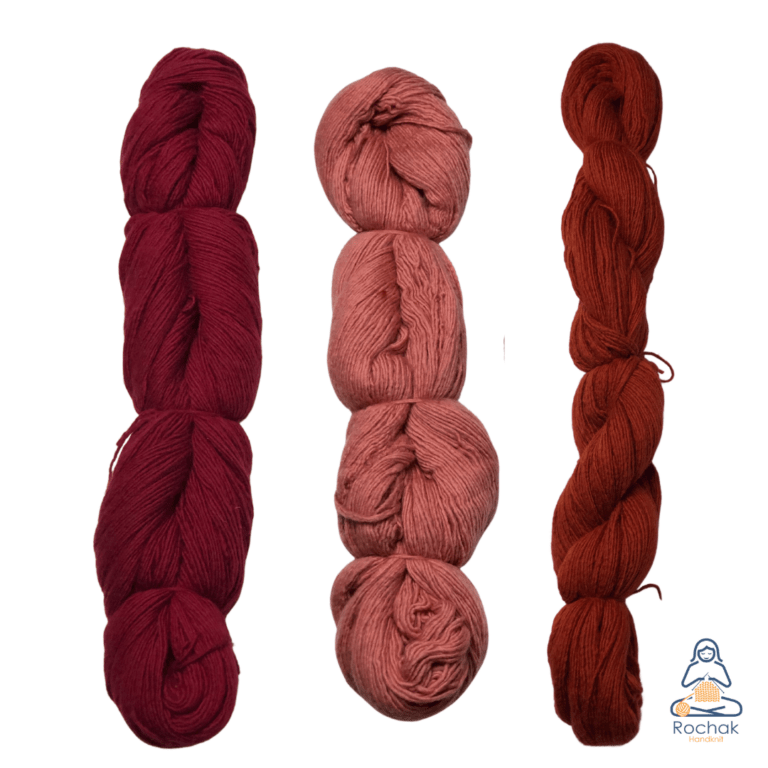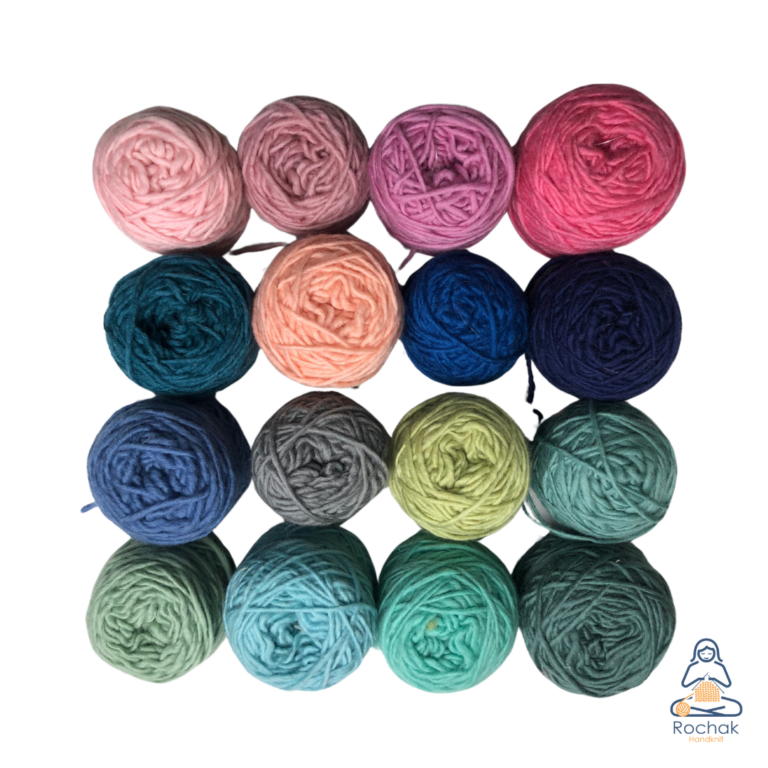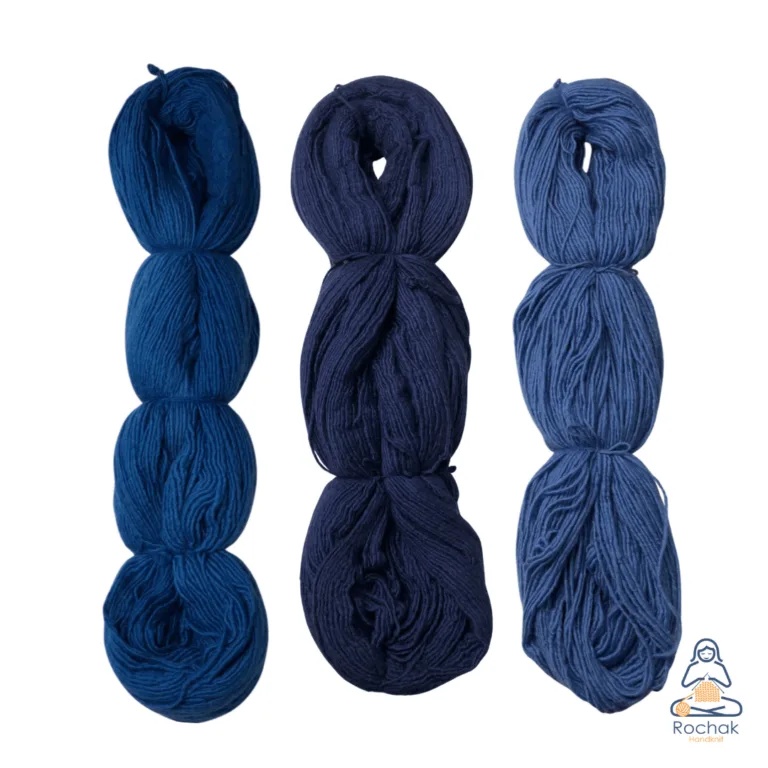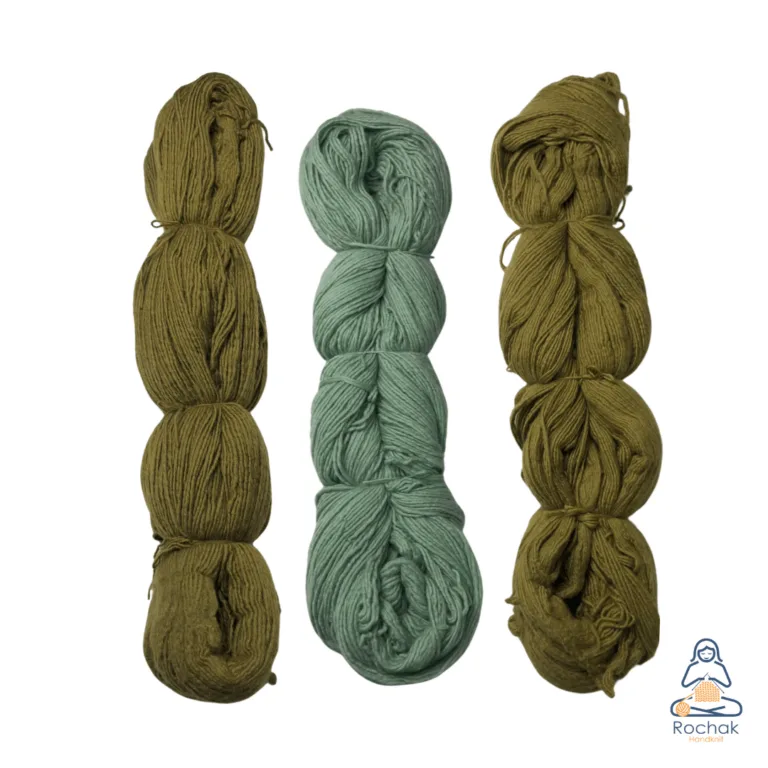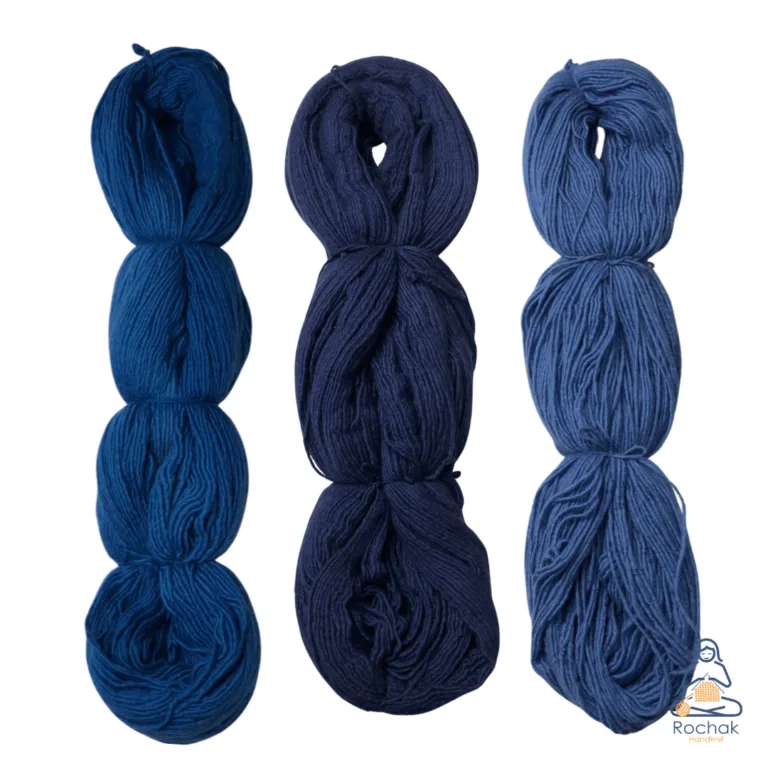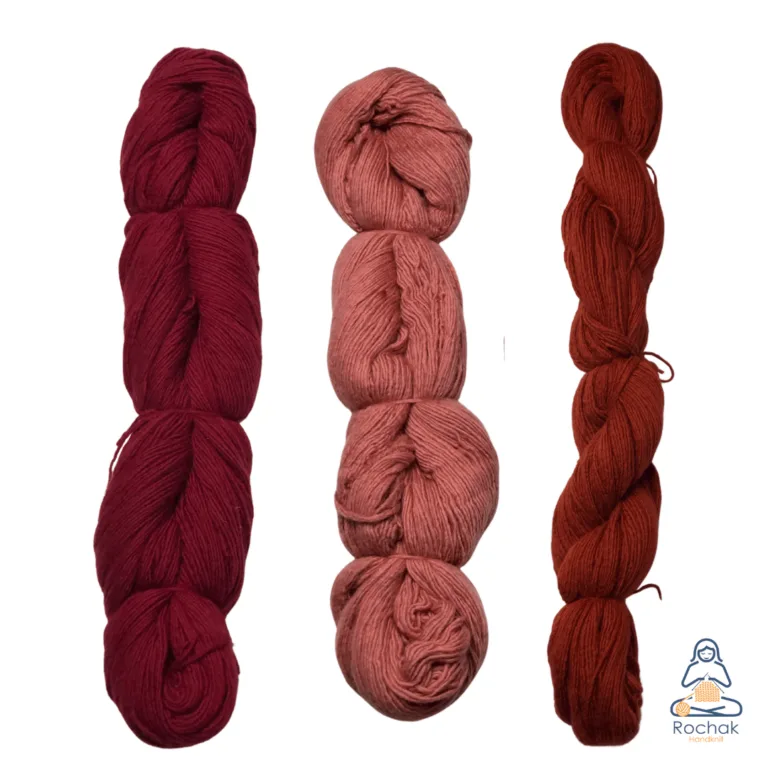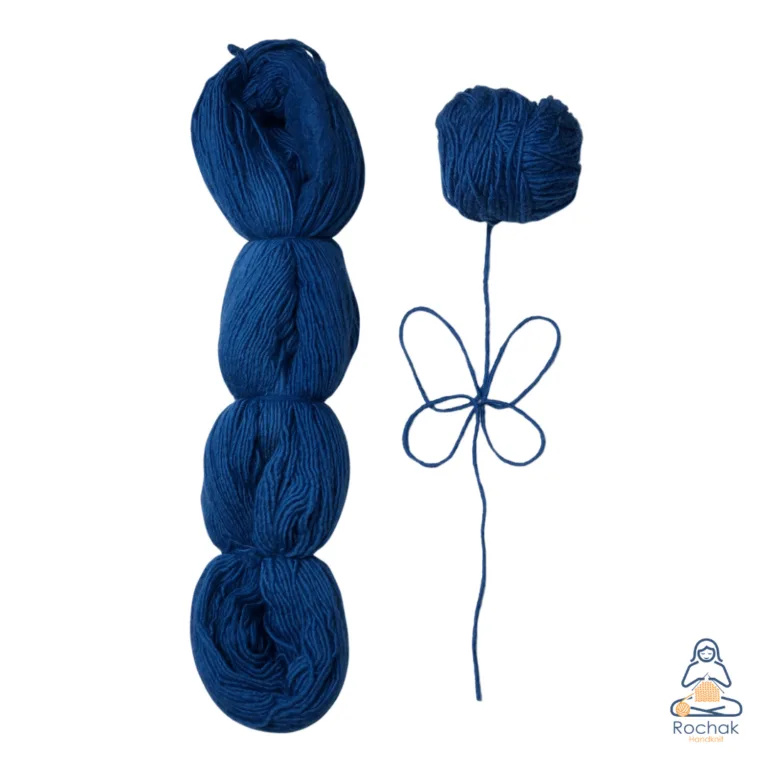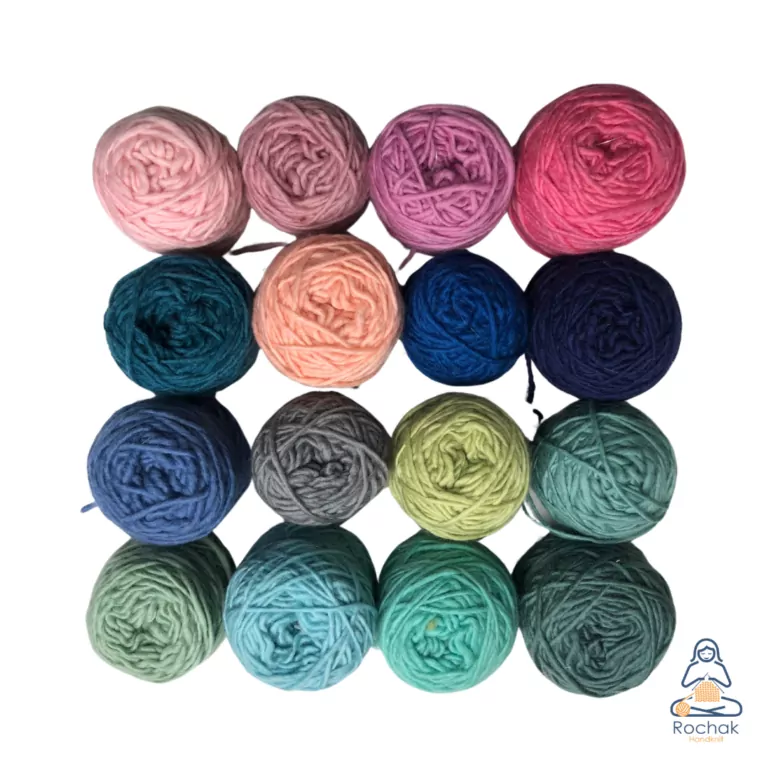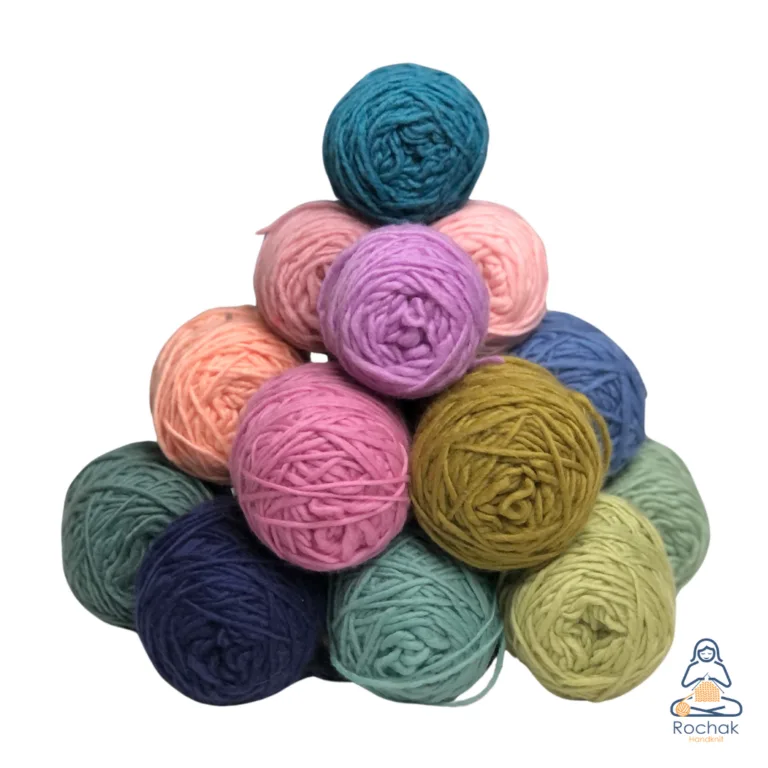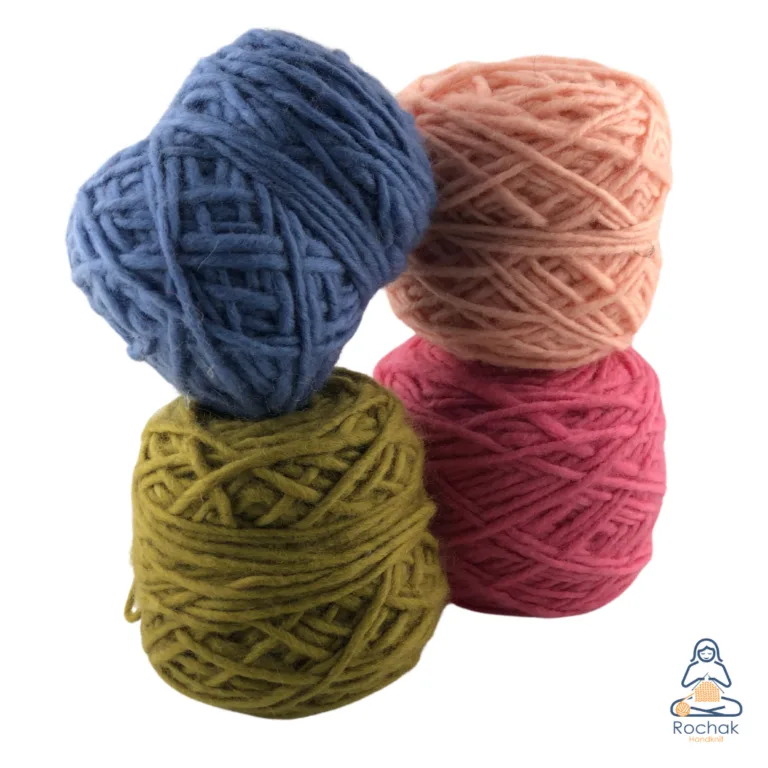Luxurious Softness: Alpaca Handmade Knitwear Supplier
Envision a wool that rivals the softness of cashmere, surpasses sheep’s wool in warmth, and stands out for its hypoallergenic and enduring qualities. Thats alpaca wool – nature’s own luxurious and practical solution to sustainable fashion. Alpaca wool, distinguished from other wools like Mohair and Cashmere, is a premium, eco-friendly choice.
Our skilled artisans at Rochak Handknit Craft combine alpaca yarn from certified Peruvian companies with traditional hand knitting techniques to create exquisite and durable knitwear products.
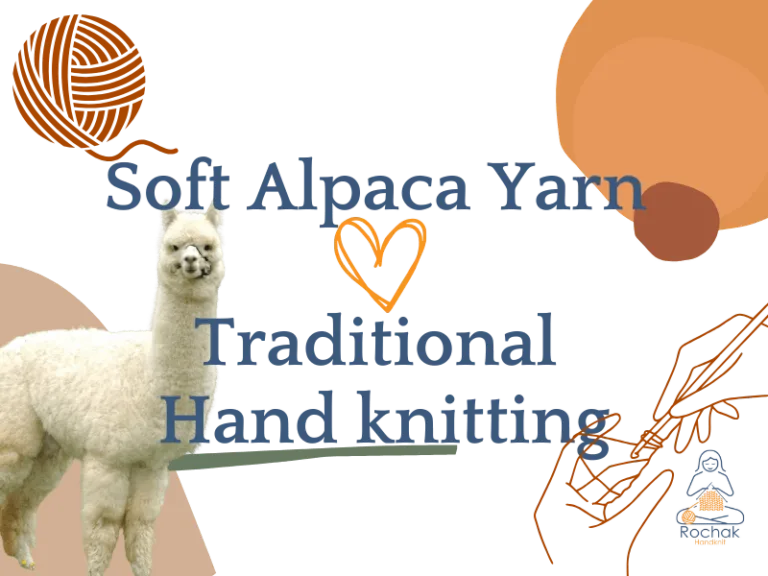
Where Does Alpaca comes from?
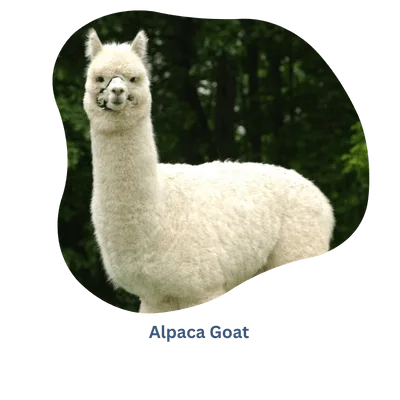
The Raw wool from Alpaca are either processed at Peru itself or sent to countries like China, India, Italy to turn them into yarns of different blends. People in Peru also hand spun the yarn to create hand knit apparels.
Where do our Alpaca comes from?
Our Alpaca yarn is sourced directly from RWS certified spinners in Peru, a well-established brand with a rich history in collaborating with alpaca farms.
By bypassing middlemen and purchasing in bulk, we secure the best prices for alpaca, ensuring the production of our hand-knitted products.
We exclusively use 100% Baby Alpaca, with a size of 1/8NM and a diameter of 22 microns.
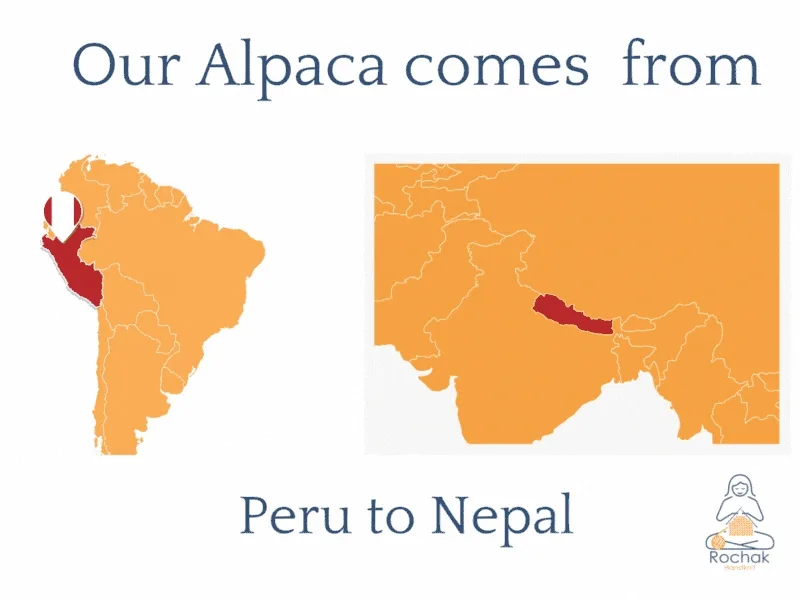
Appeal of Alpaca yarn
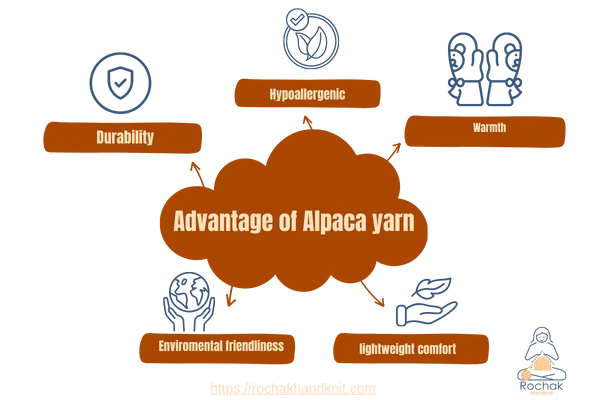
Why Choose Alpaca YARN In Handmade Knitwear and Crochet Manufacturing
Alpaca yarn is a top choice for hand knitting for a few reasons. First off, it’s super soft and luxurious, often compared to cashmere. It’s also known for being warmer than wool, making it perfect for cozy winter knits. Plus, alpaca yarn is hypoallergenic and lightweight, so it’s comfy to wear all day.
When it comes to hand-knitted products, using alpaca yarn can result in beautifully finished pieces that are not only soft but also durable. So if you’re looking to create high-quality knits with a touch of luxury, alpaca yarn is definitely worth considering!
Integrating alpaca wool into our hand-knitting production has elevated our premium offerings. The use of 100% baby alpaca takes the final hand-knitted pieces to new heights of luxury and softness. Our artisans are captivated by the charm of alpacas, even if they may find alpaca yarn a tad slippery to work with
Hand knitted Apparels and Accessories from Alpaca yarn
Sweaters

Hand Warmers

Sweaters / Cardigans

Refined to Your Designs and Patterns
We love creating handmade knitwear that’s as unique as you are. Whether you have a specific design in mind or a pattern you want to bring to life, we work closely with you to make sure every detail is just right. From choosing the perfect yarn to adjusting sizes and shapes, we’re here to turn your ideas into a beautiful, one-of-a-kind piece that fits your style perfectly.

Few Patterns on Alpaca Yarn
Refined to Your Designs and Patterns
Colors
Colors
You can create a variety of apparel and accessories using the Alpaca yarn available in our stock. With the flexibility of hand knitting, we can make wide selection of patterns and sizes ensuring a perfect fit for your needs.
The default color of Alpaca yarn we have in stock is white, we love to stock other natural colors like brown, black but as of now, we have only Ecru/White. For Custom Color Dyeing For dying custom color, we can dye the color of the choice referencing the Pantone color chart. These are very delicate fibers we have to take extreme care when dyeing otherwise it usually sticks up making the yarn not so smooth.
Gauge and Stitch count of our Alpaca yarn
Gauge
With a size of 1/8NM, we have to ply the yarn multiple times to get it ready for hand knitting. The stitch count we receive in this yarn with 4 ply of the yarn is as below
Stitch Count on 10cm x 10cm Stockinette stitch
26 stitches
30 Rows
Stitch Count on 10cm x 10cm on 2×2 Rib stitch
42 stitches
33 Rows
Caring guidelines for Alpaca yarn apparels
-Handwash is best. If using a washing machine, select the hand-knit/delicate cycle. Avoid tumble drying or fast spin cycles.
-Handle gently — soft Alpaca yarn may pill if subjected to rough use.
-Do not hang to dry — it may stretch and lose shape
– Use cedar balls when storing to protect from moths.
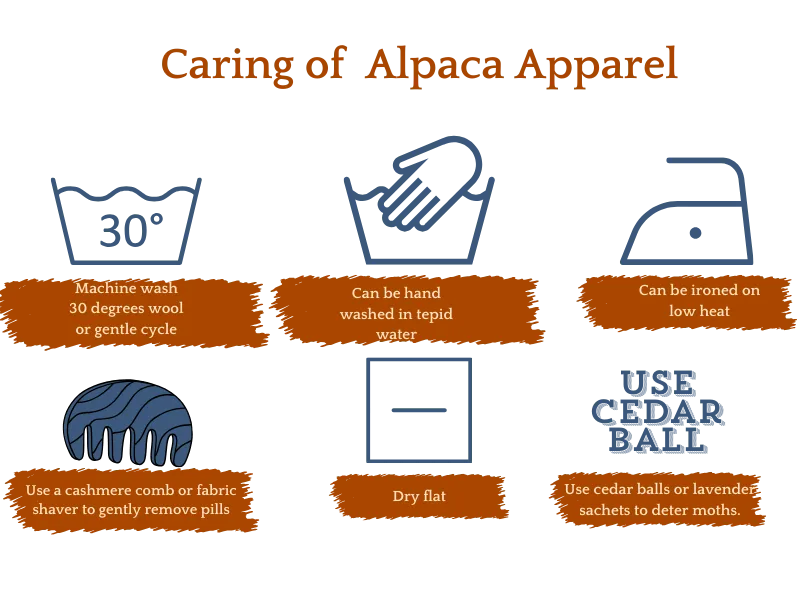
Frequently Asked Questions about Alpaca yarn
We have listed the commonly asked questions. If you do not find the answers, feel free to reach out to us.
Creating handmade knitwear from alpaca is more than just crafting garments—it’s an art form that blends luxury, sustainability, and personal expression.
Alpaca’s exceptional softness, hypoallergenic qualities, and natural insulation make it the ideal fiber for wearable comfort and beauty throughout the seasons. When combined with skilled hand knitting, each piece becomes a testament to both nature’s ingenuity and human creativity.
Choosing handmade alpaca knitwear not only elevates your wardrobe with timeless, one-of-a-kind style but also supports sustainable practices and empowers artisans. Embrace the exquisite potential of alpaca—where tradition, luxury, and conscious fashion unite to create truly amazing handmade knitwear.









